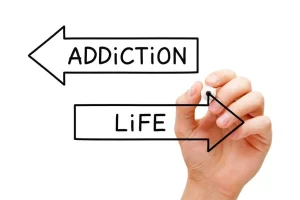
Wine is a popular beverage enjoyed by many people around the world. However, if you are taking blood thinners, you may wonder whether it is safe to indulge in a glass or two. Blood thinners work to prevent blood clotting, and combining them with alcohol can have serious health consequences.
What are the side effects of mixing beer and blood thinners?
It is essential to carefully monitor the dosage and potential interactions with other substances, including foods and juices, to minimize the risk of adverse effects. For people taking alcoholism blood thinners, this effect is particularly important to consider. Blood thinners are medications that prevent the formation of blood clots or slow down the clotting process.
Talk to Your Doctor
Both alcohol and blood thinners like warfarin have a thinning effect on the blood. Alcohol acts as a blood thinner by reducing the blood’s natural ability to form clots. This means that drinking alcohol while taking prescription blood thinners can compound the anticoagulant effect, increasing the risk of bleeding.
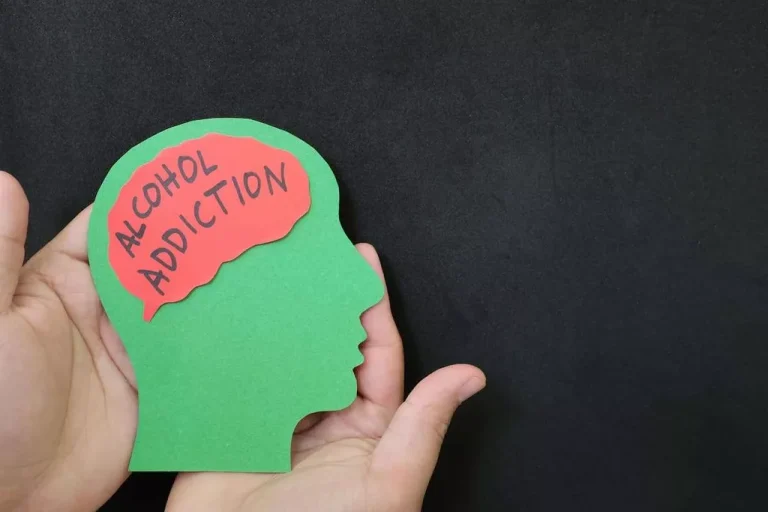
Can I drink alcohol if I have high blood pressure?
The severity of these risks varies based on the type of blood thinner used. For instance, warfarin works by inhibiting vitamin K, a nutrient essential for clotting factors in the blood. Newer anticoagulants like rivaroxaban and apixaban target specific proteins in the coagulation pathway. Knowing how these drugs operate helps individuals comprehend why combining them with alcohol can be risky. Warfarin (Jantoven) is a commonly used blood thinner (a coumarin oral anticoagulant). It is used to prevent or treat blood clots in veins, arteries, or the heart, which can reduce the risk of a stroke, heart attack, or other serious conditions.
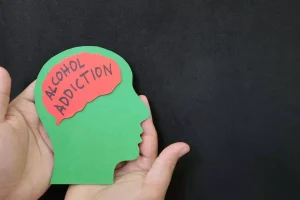
Your doctor will test you with an international normalized ratio (INR) test. If you take an anticoagulant like warfarin, you’ll need regular blood tests so your doctor can adjust your levels if needed. Ask them about other steps you should take to stay safe while you’re on this medication.
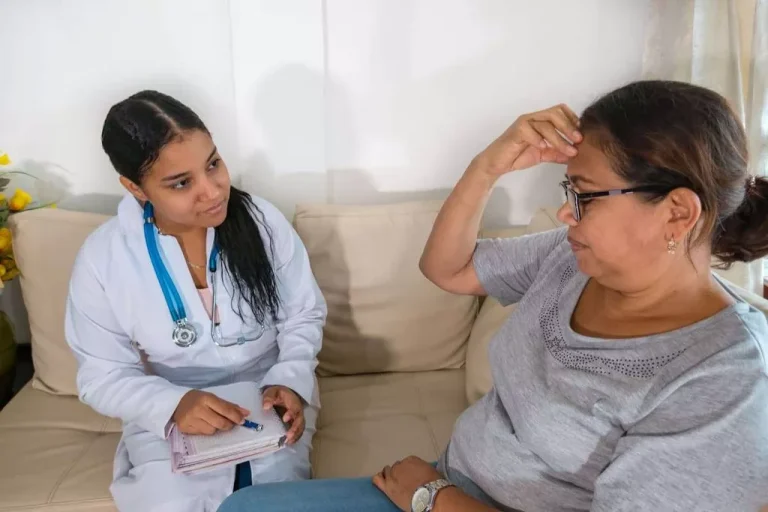
What are the risks of drinking alcohol when on my medication?
- So it’s important to get about the same amount of vitamin K every day.
- Eliquis is the go-to for a host of conditions that necessitate blood thinning.
- Bleeding Disorders Compounds in green tea decrease levels of fibrinogen, a protein that helps clot blood.
- This information will help determine if something is causing an interaction that could lead to severe bleeding.
- Please note that I may receive a small affiliate compensation through items purchased through the links on this site at no additional cost to you the consumer.
This is because alcohol can interact with some types of blood thinners and cause serious side effects. Most people who take blood thinners do not experience any serious side effects. However, drinking while taking blood thinners can potentially make these side effects worse. It is important to be aware of the potential risks before starting any medication.
- One 8-ounce cup has anywhere from 20 to 50 milligrams of caffeine, depending on the brand, according to the Center for Science in the Public Interest.
- Explore effective methods to manage atrial fibrillation (AFib) post-ablation procedure.
- Taking these steps can help ensure that your blood thinners are working effectively.
Vitamin K-Rich Foods: Moderation is Key
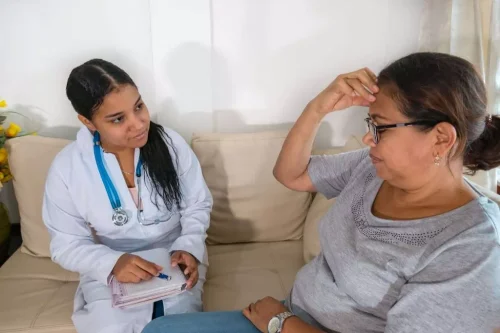
They can provide tailored advice based on your health profile and medication regimen, ensuring that all factors are considered for safe consumption of coffee while on blood thinners. Decaffeinated coffee is generally considered safer for those on blood thinners since it contains minimal caffeine. However, it’s still important to drinking on blood thinners consult a healthcare provider regarding overall dietary habits and any specific concerns related to anticoagulant therapy. Research indicates that caffeine might enhance the effects of some anticoagulants while potentially reducing the efficacy of others. For instance, studies have shown that moderate coffee consumption does not significantly increase bleeding risk in most patients on anticoagulants. However, excessive caffeine intake might pose risks due to its stimulating effects on the cardiovascular system.
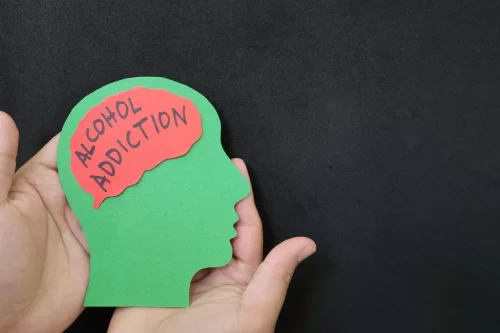
While this may lower the risk of strokes caused by blockages in blood vessels, it can also increase the risk of bleeding, especially in large quantities. For men, this means more than two drinks a day, and for women, this is more than one drink a day. The combination of alcohol with blood-thinning medications, also known as anticoagulants, can be dangerous. Both alcohol and blood thinners thin the blood, and when used together, they can cause excessive bruising and bleeding, including internal bleeding, which is challenging to detect. This combination can be life-threatening and should be avoided or carefully managed under medical supervision. Alcohol acts as a blood thinner by hindering the coagulation process, which is the body’s natural response to stop bleeding.
Aspirin
- Most drugs that used to include phenylpropanolamine have been reformulated without it, though, per Mount Sinai.
- They may recommend getting your medication levels checked more often if you are a regular drinker.
- Maintaining a low-salt, balanced diet can help keep your blood pressure and overall health in check while on blood thinners.
- Combining Effient with alcohol can further extend the time it takes the blood to clot.
- At the first signs of excessive bleeding, patients should seek urgent medical treatment.
Heavy drinking over time may lead to liver damage, which could impair the metabolism of anticoagulants, leading to unpredictable drug levels in the bloodstream. While some sources say you should stop drinking green tea before surgery, these sources are not all research-backed and qualified. These sites claim that green tea can interact with anesthesia and thin your blood, which can put you at greater risk for bleeding out during surgery.